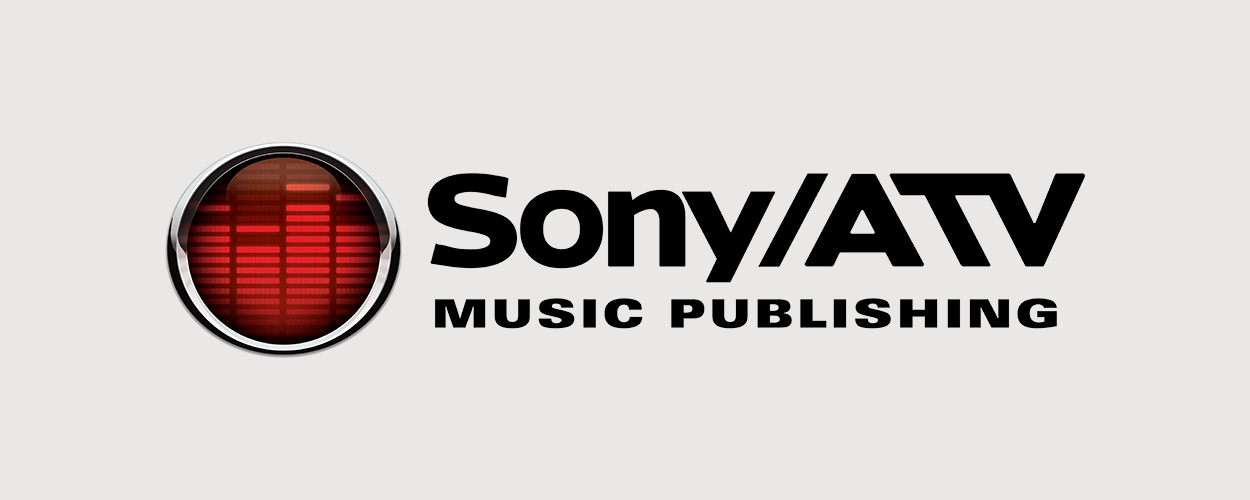This website uses cookies so that we can provide you with the best user experience possible. Cookie information is stored in your browser and performs functions such as recognising you when you return to our website and helping our team to understand which sections of the website you find most interesting and useful.
Business News Digital Labels & Publishers Legal
Sony/ATV boss joins in with the Spotify bashing over the mechanical royalty dispute
By Andy Malt | Published on Friday 15 March 2019

With just weeks left in the job, Sony/ATV boss Marty Bandier is heading off with his arms swinging. He’s joined songwriter and publisher reps from across the US in laying into Spotify, Google, Pandora and Amazon’s decision to appeal the recent Copyright Royalty Board decision to raise mechanical royalty rates paid by streaming services in America. He says that a “hard-fought win is now under threat”, and urges songwriters to speak out against the digital services.
“I am incredibly disappointed that Spotify and the other companies have chosen to attack songwriters by appealing the long-overdue rate increases”, Bandier writes in a letter to Sony-signed songwriters. “The move flies in the face of everything that I have fought for on behalf of songwriters for fair market rates. Songwriters are unquestionably the most important contributors to the success of the streaming services and deserve the benefits of the new rates that we worked so hard to achieve”.
The mechanical copying of songs in the US is covered by a so called compulsory licence. The Copyright Royalty Board sets what rates must be paid to songwriters and music publishers. Last year, the CRB decided that the top line revenue share figure to be paid by streaming services should rise, over a number of years, from 10.5% to 15.1%.
Although the review that came before that decision was reached took years, after the new rates were fully finalised last month interested parties had one last chance to appeal. Spotify, Google, Pandora and Amazon quickly announced their decision to do just that. Heavily critical of this move, the US National Music Publishers Association has also now lodged an appeal, saying that it will drop it if the digital services also drop theirs and let the new rates stand.
Spotify has drawn the most criticism, in part because it has been the most vocal – Google, Pandora and Amazon seemingly happy to let Spotify get on with trying to fight the PR battle on this. “We are supportive of US effective rates rising to 15% between now and 2022”, Spotify insisted in a blog post on its Spotify For Artists website earlier this week. But, it then added, only if the licence available to services paying that 15% revenue share rate provides said services with “the right scope of publishing rights”.
Spotify said it was mainly concerned that the new rate didn’t take into account things like lyrics and videos, or what happened when its streaming services are bundled in with other products. The NMPA responded by publishing a line-by-line takedown of Spotify’s statement, saying that the whole thing was “misleading spin”.
Countering Spotify’s insistence that it basically supported the rate increase to 15.1%, the NMPA pointed out that this was not what the streaming service said during the hearings that preceded the CRB’s ruling. It wrote: “Spotify actually proposed a reduction from the old rates. If Spotify thinks songwriters deserve to be paid more, and it’s just a question of by how much and how best to achieve that goal, why did it propose to the CRB to cut what songwriters earn?”
Entering the fray, Bandier has now called on songwriters to rise up and make their voices heard. In his letter, he continues: “While Sony/ATV will work diligently and closely with the NMPA to protect these new rates, there are no more important or effective voices on this issue than those of songwriters themselves. I therefore urge you to make yourselves heard and to speak out against this appeal. At the same time, we will be sure to update you as events develop”.
Presumably none of the digital services now appealing the CRB ruling – Apple being the notable name not included among them – expected an easy fight. Although they perhaps didn’t expect quite the response they have received. Given that the 15.1% rate – which won’t be reached until 2022 – is pretty much in line with some of the deals directly negotiated by some publishers elsewhere in the world, it might be easier to let this one go. We will see.





